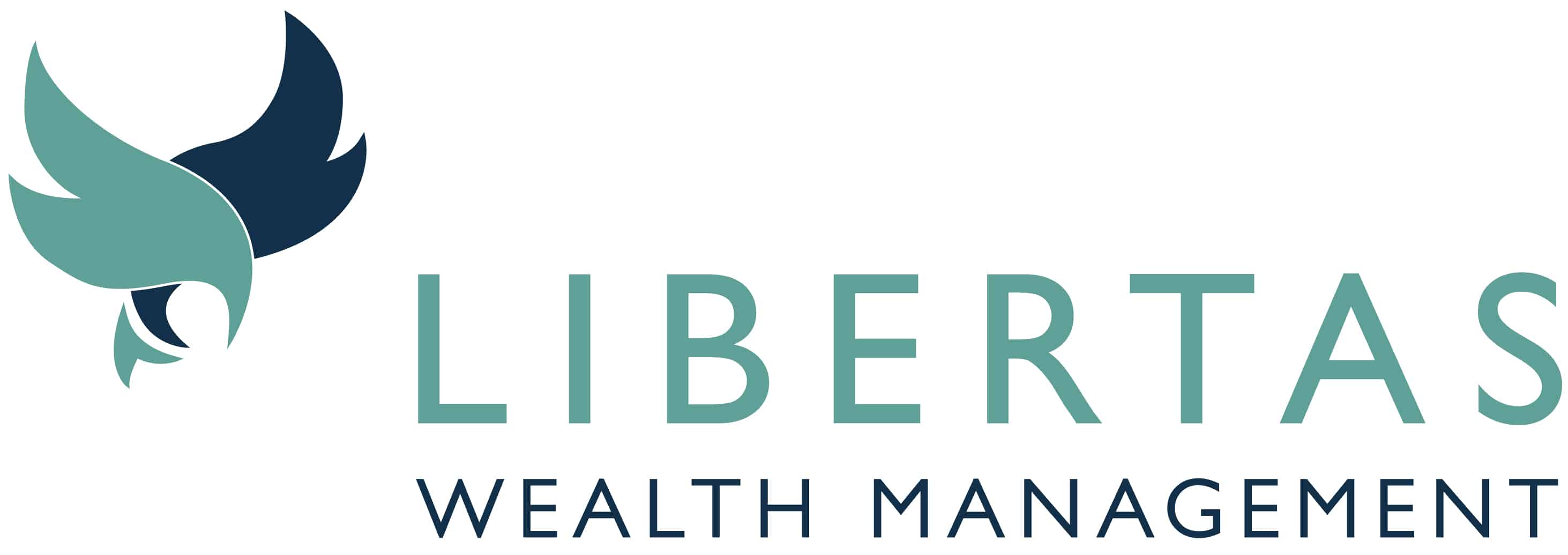Active steps to make sure your people are happy, healthy and financially sound
Employee health and well-being is high on many businesses’ agendas and is no longer merely an afterthought when addressing sickness absence. There is an obvious link between a happy, healthy workforce and improved productivity.
The aim should be to reduce direct healthcare costs, build and sustain high employee morale, drive effective recruitment and retention, improve productivity, and reduce the damaging trend of presenteeism.
Physical well-being of staff
But research from GRiD[1], the industry body for the group risk industry, shows that 34% of employers don’t offer any support for the physical well-being of staff. Changes to lifestyle can reduce the risk of cancer[2], so support for physical well-being can be an important way for employers to help their staff in terms of prevention.
Furthermore, only one in five (20%) employers offer initiatives to encourage staff to be more active to improve their health, and only 14% offer training on specific areas such as smoking-cessation, nutrition, fitness and lifestyle.
Integral to full holistic support
Supporting the physical well-being of staff is integral to full, holistic support of staff, and there are many ways that employers can do this, from encouraging lunchtime walks and standing meetings to providing access to specialists to advise on nutrition and health.
The options available for employers to support the physical well-being of staff are constantly being developed. Support for physical health isn’t just about treatment but about prevention and early intervention too, and it’s important that all are considered when employers are looking at how to support staff best.
Early involvement in absence
Some illnesses will result in long-term absence. The cost of sickness absence is often high up the list of organisational concerns for an employer, so early involvement in absence and maximising rehabilitation support is prudent.
Cancer is a leading cause of claim[3] across all group risk products (employer-sponsored life assurance, income protection and critical illness), so we know just how much cancer affects employees and their companies.
Source data:
[1] Research undertaken by Opinium on behalf of GRiD amongst 500 HR Decision makers between 4 and 18 March 2019.
[2] www.macmillan.org.uk/information-and-support/diagnosing/causes-and-risk-factors/potential-causes-of-cancer/age-lifestyle-diet-reducing-risk.html
[3] GRiD 2019 Claims Survey





